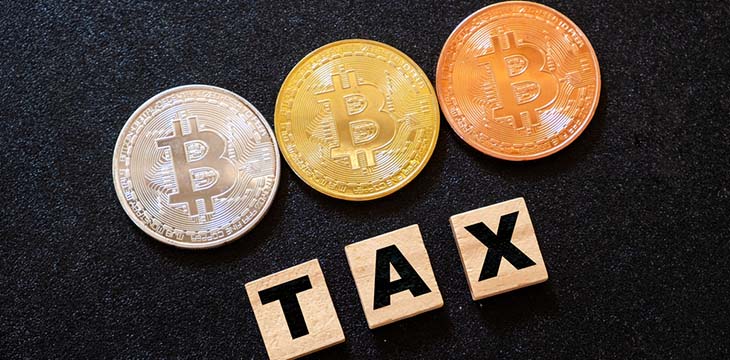|
Getting your Trinity Audio player ready...
|
South Africa has joined 47 other countries that have pledged to adopt a new global taxation standard for the digital asset industry by 2027.
The 48 countries and jurisdictions, which include the United Kingdom, the United States, Mexico, Germany, France, Canada, Brazil, and Singapore, pledged to “swiftly transpose” to the Crypto-Asset Reporting Framework (CARF) standard by 2027.
Developed by the Organisation for Economic Cooperation and Development (OECD), the new standard allows the automatic exchange of information related to the ‘crypto-asset’ tax. It falls under the OECD’s mandate by the G20 to develop a global framework for easy and automated exchange of tax-relevant information to curb tax evasion.
Digital asset taxation has become a challenge for regulators globally. By relying on non-traditional entities like exchanges and by enabling peer-to-peer transactions, digital assets are complex and require expertise by tax authorities, which they mostly lack.
According to one report, over 99% of digital asset traders didn’t pay taxes in 2022.
This could change for South Africans, with the South African Revenue Service (SARS) hoping that the new global standard will enable it to crack down on tax evaders.
In a joint statement, the members revealed that they intend to integrate the standard into domestic laws by 2027.
“The widespread, consistent and timely implementation of the CARF will further improve our ability to ensure tax compliance and clamp down on tax evasion, which reduces public revenues and increases the burden on those who pay their taxes,” the policy paper read.
South Africa is the only African country to pledge to transpose the new standard into domestic law. Other African countries have struggled with digital asset taxation amid a rise in trading volume.
In July, Kenya implemented a new taxation regime under the Finance Bill that levies a 3% tax on all digital asset transactions, including NFT transfers. The country’s blockchain ecosystem has rebelled against the taxes, which they say are excessive. The Blockchain Association of Kenya also says that the central bank’s anti-Bitcoin stance has led to banks denying services to digital asset traders, ultimately making it difficult to pay taxes.
CoinGeek Conversations with Dr. Catherine Lephoto: AlphaDAPP: Revolutionizing blockchain adoption in Africa
Recommended for you
British lawmakers of the parliamentary national security committee have called for a temporary ban on political parties receiving donations in
Circle (NASDAQ: CRCL) soared in 2025 thanks to U.S. ‘regulatory clarity,’ but can this momentum survive a ban on crypto

 02-27-2026
02-27-2026 




